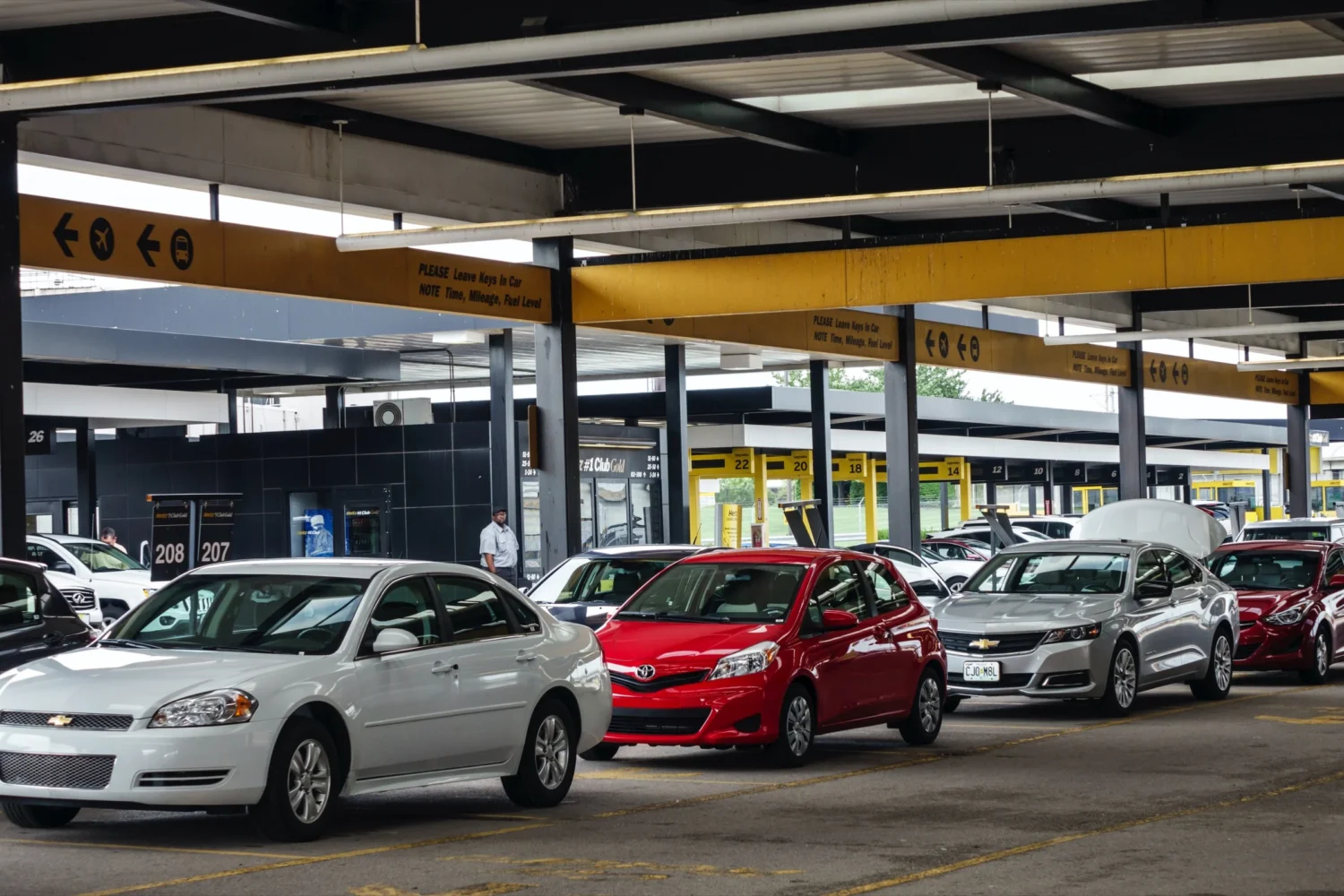
What’s Best for You? Automotive Franchising vs. Independent Business
The automotive industry is dynamic and vastly complex, offering multiple opportunities to those aiming to make a fortune or merely find satisfaction in solving vehicular challenges. One can choose between starting an independent automotive business or buying into an automotive franchise. Both paths have been trodden successfully by many, yet each comes with its unique sets of advantages and disadvantages.
Understanding the inner workings of automotive franchising and independent automotive businesses is key. The way of one over the other largely depends on an individual’s personal goals, available resources, and market assessment. It’s an essential dialogue for aspiring entrepreneurs in the automotive sector, seasoned industry professionals seeking diversification, or anyone with a vested interest in the mechanics of these business structures. This article will explore the critical components of each business model, their strengths and weaknesses, and the contexts in which they might be more suitable.

Automotive Franchising
Automotive franchising is a business model where a franchisee gets the right to use a franchisor’s brand, logo, and business process. The franchisor provides the resources, support, and brand recognition essential to kick-starting a successful venture. It hinges primarily on selling or leasing vehicles, providing auto repair services, and offering vehicle parts. These mold into various franchise opportunities such as auto parts retail franchises, vehicle showroom franchises, or auto repair franchises, thereby casting a broad net to aspiring entrepreneurs in the auto industry.
Probing into the pros and cons of franchising, the benefits are quite noticeable. Franchising lowers business risk due to the proven business model and established brand name. It’s less grueling to allure customers with a known brand than starting from ground zero. Franchisors also often offer extensive training programs, making it easier for franchisees with less or no prior business experience. However, owning a franchise requires substantial initial investment and ongoing royalty payments, which can impinge on profits. Franchisees also need to stick to a stringent set of rules and standards, thus limiting their creative and operational freedom.
Independent Automotive Business

An independent automotive business is a privately owned and operated venture in the automotive industry, unassociated with any larger corporations or franchises. Unlike a franchise, all elements of business operation from branding to daily operation are solely under the owner’s purview. They can range from car dealerships, repair shops, and auto parts stores, to specialized service providers. Despite not presumably having the brand recognition that a franchise enjoys, independent businesses can still thrive and attract a loyal customer base by focusing on specialized services and localized customer service.
Operating an independent automotive business comes with its pros and cons. The freedom to manage the business as you see fit without the constraints imposed by a franchisor can be highly rewarding and potentially profitable. You can adapt quickly to market changes and implement unique marketing strategies. On the downside, setting up an independent automotive business can be challenging. Building up a brand, acquiring customers, and maintaining competitive prices without the support of a larger network can be an uphill task.
Comparison Between Automotive Franchising and Independent Automotive Business
In contrasting automotive franchising with independent automotive businesses, similarities and differences emerge across several business aspects. Both options allow one to step into an expansive industry with a massive consumer base. That being said, automotive franchising often offers an established path to business success with the support of an established brand, while independent businesses offer more liberty and improvisation in operational aspects. The target market can vary greatly depending on an entrepreneur’s location, marketing strategies, and the services offered. Franchises typically come with brand recognition and larger traffic flow, while independent businesses may appeal to a more localized or niche customer base.
The capital and resources required for a franchise tend to be higher, involving franchise fees and potentially costly uniform standards for shops or showrooms. Meanwhile, an independent business has more control and flexibility in terms of investments, often leading to lower startup costs. The potential profits in both models come with their own sets of variables, franchises could mean higher turnover but with part of the profits paid as franchise fees. On the other hand, an independent business allows complete retaining of profits but might take longer to establish a solid customer base and revenue stream.

Making the Decision
Choosing between owning a franchise or starting an independent automotive business is a significant decision. Several key factors can heavily influence this choice. The initial and ongoing financial commitment for a franchise might be higher compared to an independent business. However, in return, you gain more significant support and a recognized brand name. But if control, creativity, and operational freedom are a priority for you, an independent business might be more suitable. Other factors such as your business experience, risk appetite, industry knowledge, and the level of support and training you want to receive should also play a role in your decision.
Your personal goals and preferences are just as essential. Are you aiming to develop a localized and niche business that has community roots or do you prefer to leverage a proven model and recognizable brand to assure cash flow? Do you enjoy calling the shots or would you rather follow a pre-established system? Answering these questions will help guide your decision. Professional advice, mentorship, peer consultation, and industry analysis insights could also be invaluable in helping you make the best-informed decision.
Automotive franchising and independent automotive businesses both offer potential routes to success in the automotive industry. The choice between the two ultimately depends on individual circumstances, financial ability, business goals, and personal preferences. Both pathways require commitment, resilience, and sound business management to flourish, regardless of the selected route.




